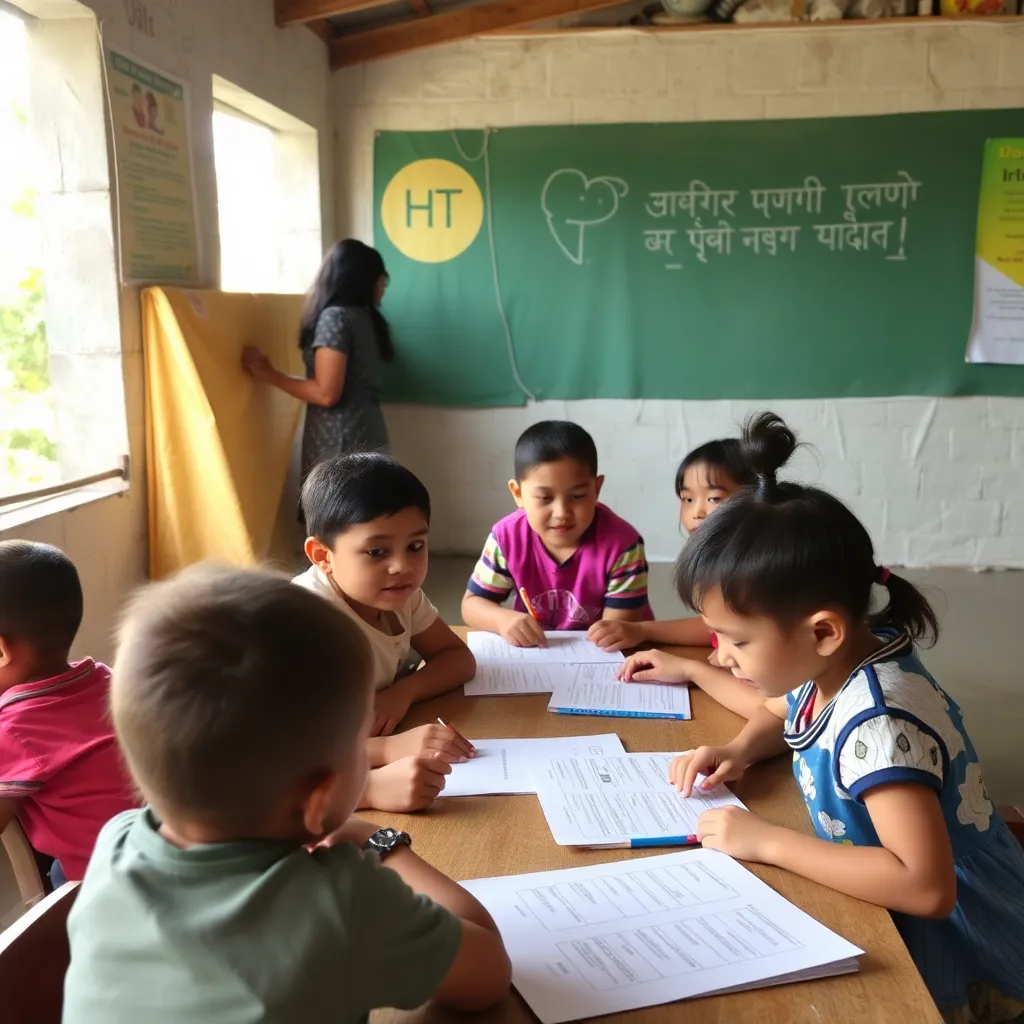Orlando, Florida Witnesses Surge in Children’s Charitable Nonprofits Revenue
In a significant development for children’s charitable organizations in Orlando, Florida, fiscal year 2023 has proven to be a landmark period. An analysis based on Internal Revenue Service Form 990s reveals that among the 20 charitable nonprofits in the area boasting over $10 million in revenue, six organizations have experienced a remarkable revenue increase of 70% year-over-year.
Growth in Early Learning Coalitions
The uplifting trend is particularly evident in the Early Learning Coalitions located throughout the region. These nonprofits are crucial as they deliver essential services like school readiness programs, voluntary prekindergarten initiatives, and various childcare assistance programs. They primarily rely on state funding to support their initiatives, making this surge in revenue not only impressive but also vital for the community they serve.
Analyzing the Numbers
The increase signifies a growing recognition of the importance of early childhood education and support services, especially in light of recent global challenges. As more families seek assistance for educational and childcare needs, these organizations have risen to meet the demand, thus reflecting a positive trend in funding and community support.
Importance for Local Families
The enhancements in funding mean additional resources can be allocated towards programs that directly benefit Orlando’s youth. Families in the area will likely experience improved access to quality educational services, which are critical for their children’s development.
State Funding and Support
State funding plays a vital role in sustaining these coalitions. As the financial landscape for the state continues to evolve, it has become clear that prioritizing early childhood programs is necessary. The data points to an increasing acknowledgment by government agencies of the long-term benefits that early education can provide for children and the community as a whole.
Future Implications
Looking ahead, the upward trend in funding for children’s charitable nonprofits may influence policy-making and funding strategies in the state. With more than half of the analyzed organizations showing significant revenue growth, there is a stronger case for continuous investment in early childhood initiatives. Supporters of these programs argue that investing in the education of young children leads to better societal outcomes in the long run.
Conclusion
As Orlando’s early learning coalitions stand at the forefront of this financial upswing, there is hope for enhanced services and support for local families. With steady funding, these nonprofits can continue to make substantial impacts on the lives of children in the community, ensuring they have the necessary tools to thrive in their educational journeys. The next steps will focus on how these organizations can optimize their increased revenues to further advance their missions.







